JPost Editorial: Abraham Accords stronger than ever, two years later
This week marked the second anniversary of the Abraham Accords, under which Israel signed normalization agreements with the United Arab Emirates and Bahrain, which were later extended to Morocco.What has the game-changing Abraham Accords accomplished after two years?
Skeptics at the time noted that Israel had not been at war with these Arab Muslim states and downplayed the idea that the accords – reached under the Trump administration and Netanyahu government – could be called “peace treaties.”
But their importance should not be underestimated. The Abraham Accords marked a strategic diplomatic shift for Israel and the region and the relationships with the countries has flourished beyond even optimistic expectations.
As the UAE minister of state for foreign trade Thani Al Zeyoudi wrote in an opinion piece in yesterday’s Jerusalem Post, “It was a moment that changed the course of history. On the bright, sunlit morning of September 15, 2020, when Abdullah bin Zayed al-Nahyan, foreign minister of the UAE; Israel’s prime minister Benjamin Netanyahu; and Abdullatif bin Rashid al-Zayani, foreign minister of Bahrain, held aloft signed copies of the Abraham Accords in front of the White House, it signaled not simply the end of 48 years of hostility and distrust but the beginning of a new political and economic era for our region.
“In establishing full diplomatic relations, the UAE, Bahrain and Israel had chosen prosperity over politics, cooperation over isolation, opportunity over suspicion. Everyone present on the South Lawn understood the magnitude of the occasion – and its potential to elevate the lives of people across the Middle East in the decades to come.”
What about today?
Today, it seems natural that a minister from a Gulf state would write in The Jerusalem Post praising the relations between the countries, but we need to remind ourselves that it was not always obvious. Similarly, to mark the anniversary, Prime Minister Yair Lapid yesterday hosted the UAE Minister of Foreign Affairs and International Cooperation at the Prime Minister’s Office in Jerusalem. It is important to note that although the administration and government in the US and Israel changed in the meantime, the accords hold firm, as seen, for example, in the so-called Negev Summit earlier this year. This is the mark of true treaties between countries rather than agreements between leaders.
Israel has spent much energy touting the success of the Abraham Accords and encouraging other countries to join. In July, U.S. President Joe Biden visited Israel and Saudi Arabia, where there was speculation over warming ties between Jerusalem and Riyadh.Abraham Accords: A promising start with challenges ahead
While Jordan and Egypt remain aloof from the developments, in part due to the Palestinian issue as well as widespread anti-Israel public sentiment in the two countries, the Abraham Accords, and Israel’s subsequent close ties with the UAE and Bahrain in particular, have led to agreements on everything from tourism to defense. Trade between the countries has reached approximately $2 billion annually and is expected to pass $10 billion within the next five years; Israeli officials point to this as a sure sign of success, with more to come.
But a poll in July by the Washington Institute reports that the proportion of those who view the Abraham Accords favorably in Saudi Arabia, Bahrain and the UAE “has dropped over the past year to a minority view,” David Pollock and Dylan Kassin said in an analysis.
According to them, “current attitudes contrast with the relative optimism exhibited by a significant percentage of Emiratis, Bahrainis, Saudis and even some Egyptians in the months after the announcement of the Abraham Accords.”
The authors also noted, however, that the data “indicates a countercurrent of openness to allowing business and social ties with Israelis in some parts of the Gulf, especially in comparison to their peers in Egypt, Kuwait and the Levant.” Opposition to allowing business or sports ties with Israel “remains at 85% in Egypt and 87% in Jordan despite long-standing official relations,” they wrote.
It is unclear whether there is a difference in these countries between the older generation, which has spent decades considering Israel as an enemy, and the younger generation, which is connected on social media and may have differing opinions on the subject.
Critics note that the Abraham Accords have failed in a number of ways. First, they have not led to new agreements with other Gulf Cooperation Council countries such as Oman, Qatar or Saudi Arabia, and they do not appear to have led to an improved view of Israel on the street. The agreements have also not led to any tangible improvement on the Palestinian front.
The March 2022 “Negev Summit,” a gathering of foreign ministers from Bahrain, Egypt, Israel, Morocco and the UAE, and facilitated by U.S. Secretary of State Antony Blinken, went off course when Blinken used it to talk about the Palestinian issue instead of focusing on Iran, which was the original purpose of the gathering.
However, according to Gerald Feierstein and Yoel Guzansky of the Middle East Institute, “normalization has opened new opportunities for defense and security cooperation, especially among Israel, Bahrain and the UAE, which share a common perspective on the security threat posed by Iran.”
They said the Negev Forum that grew out of the Negev Summit and which folded Egypt into the Abraham Accords coalition “offered additional possibilities for cooperation on shared interests, including energy, food and water security, health and other issues.”
Jonathan Schanzer, senior vice president of research at the Foundation for Defense of Democracies, told JNS that “normalization is a process, not an event. There is no timeline or handbook for establishing warm ties after decades of enmity.”
Still, he remains optimistic about Israel’s ties with the UAE, Bahrain and Morocco. He is also confident that other Arab countries “will prioritize their national interests over the Palestinian issue.
“Much of the region is undeniably ready to steer their countries toward stability and prosperity,” Schanzer said.
Others are optimistic as well.
Despite this somewhat optimistic view, it is essential that we invest serious effort to bolster the framework of the Abraham Accords and expand it, while doing our utmost to prevent Iran from wielding its negative influence to halt the trend of progress.
In addition to the security-related activity, and the economic, commercial progress being made, the policymakers in Israel would do well to consider adopting the following steps:
Firstly, strengthening the circle of peace-supporting countries and expanding it. It is important to invite Sudan and Chad (which was unjustly left out of the states party to the accords) to participate in all forums and working groups. It is important for them too to enjoy the fruits of peace and benefit from their decision to engage in normalization with Israel. As, if this is not the case, it might well result in negative momentum, possibly even leading to withdrawal – either publicly declared or discreetly – from the agreement. This will serve to encourage additional countries to join too.
Secondly, recognition of Morocco's sovereignty over Western Sahara. Although Israel provided no outright commitment to this, there is clear expectation of this in Rabat, especially after Washington and others have declared their recognition.
Thirdly, the opening of an overland trade route via Israel (or from it) to the Gulf States. Such a route would be considerably more efficient and less expensive than those currently in use, it would provide significant economic profits to the regional states and to the EU states too, which would be able to benefit from it for both the import and export of vehicles. This would be a tremendous boost to trade among the member countries of the Abraham Accords, while also contributing to the global economy.
Fourthly, expediting joint ventures for marketing solutions to globally urgent problems in the fields of energy, food and water, while exploiting the relative advantages of Israel and the Gulf States.
Fifthly, expanding educational and cultural initiatives to reinforce deeply-entrenched attitudes in favor of peace and so weaken separatist approaches and radical Islamic ideas.
This is a critical component for establishing peace at the popular level, between citizens and peoples, rather than just between states and governments.


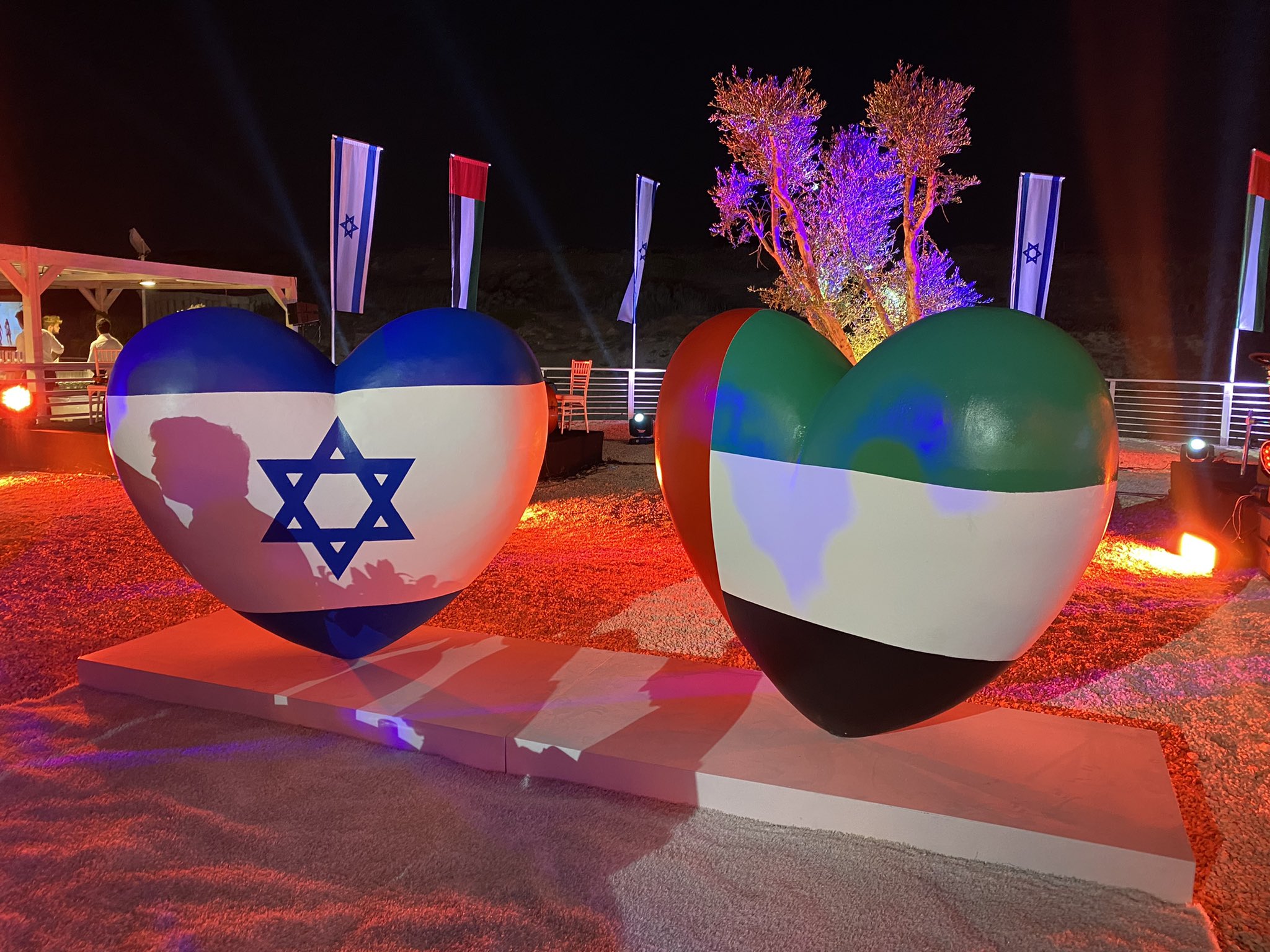

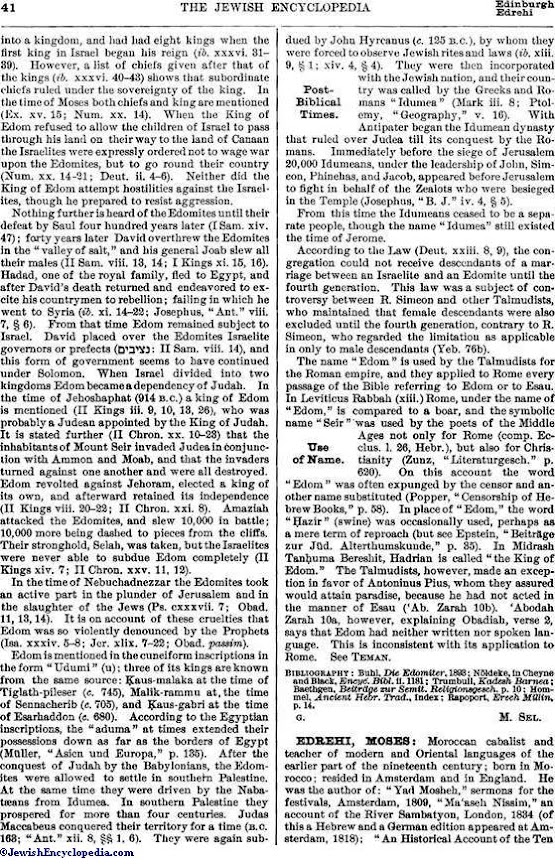







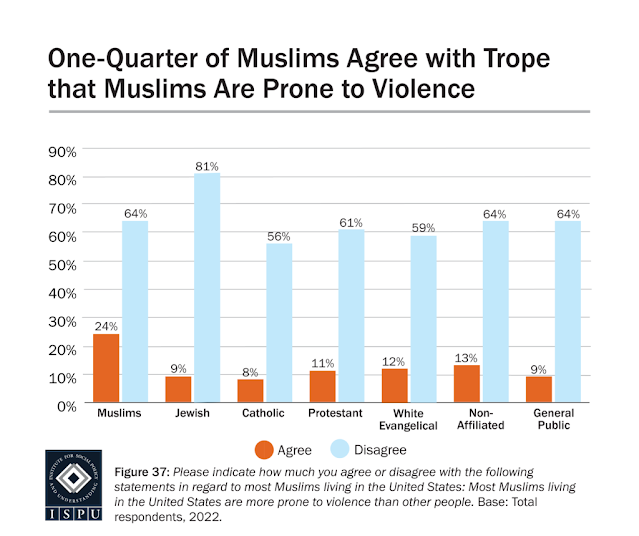
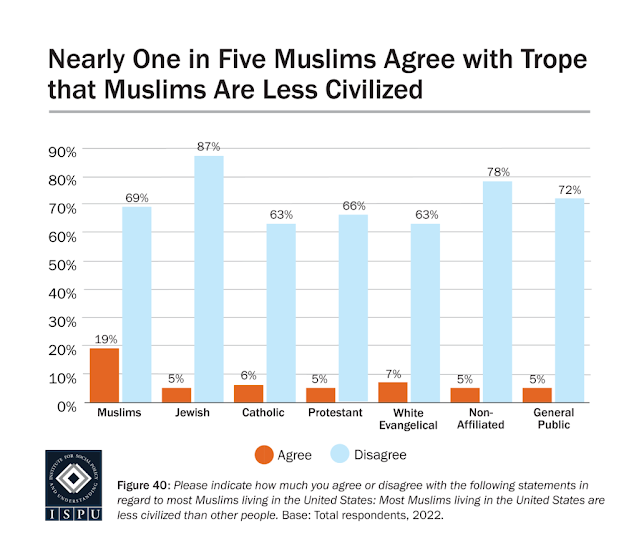

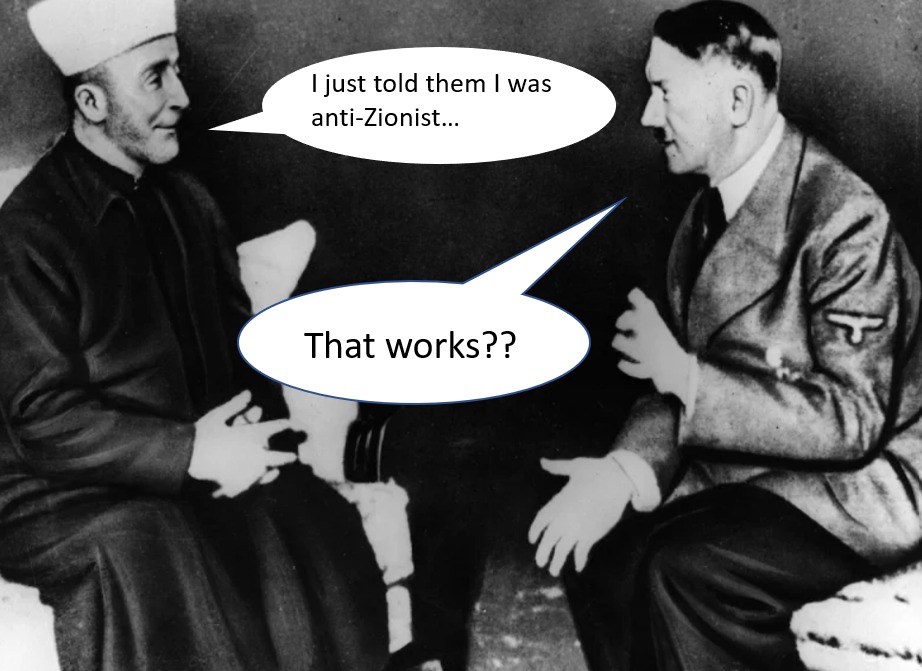


 Tel Aviv, September 15 - A political faction struggling to approach, let alone restore, the legislative clout it held more than twenty years ago has followed the evidence to the only tenable explanation for its collapse in the interim: the electorate hasn't the intelligence necessary to cast the correct ballot and return the faction to its former glory.
Tel Aviv, September 15 - A political faction struggling to approach, let alone restore, the legislative clout it held more than twenty years ago has followed the evidence to the only tenable explanation for its collapse in the interim: the electorate hasn't the intelligence necessary to cast the correct ballot and return the faction to its former glory.



























